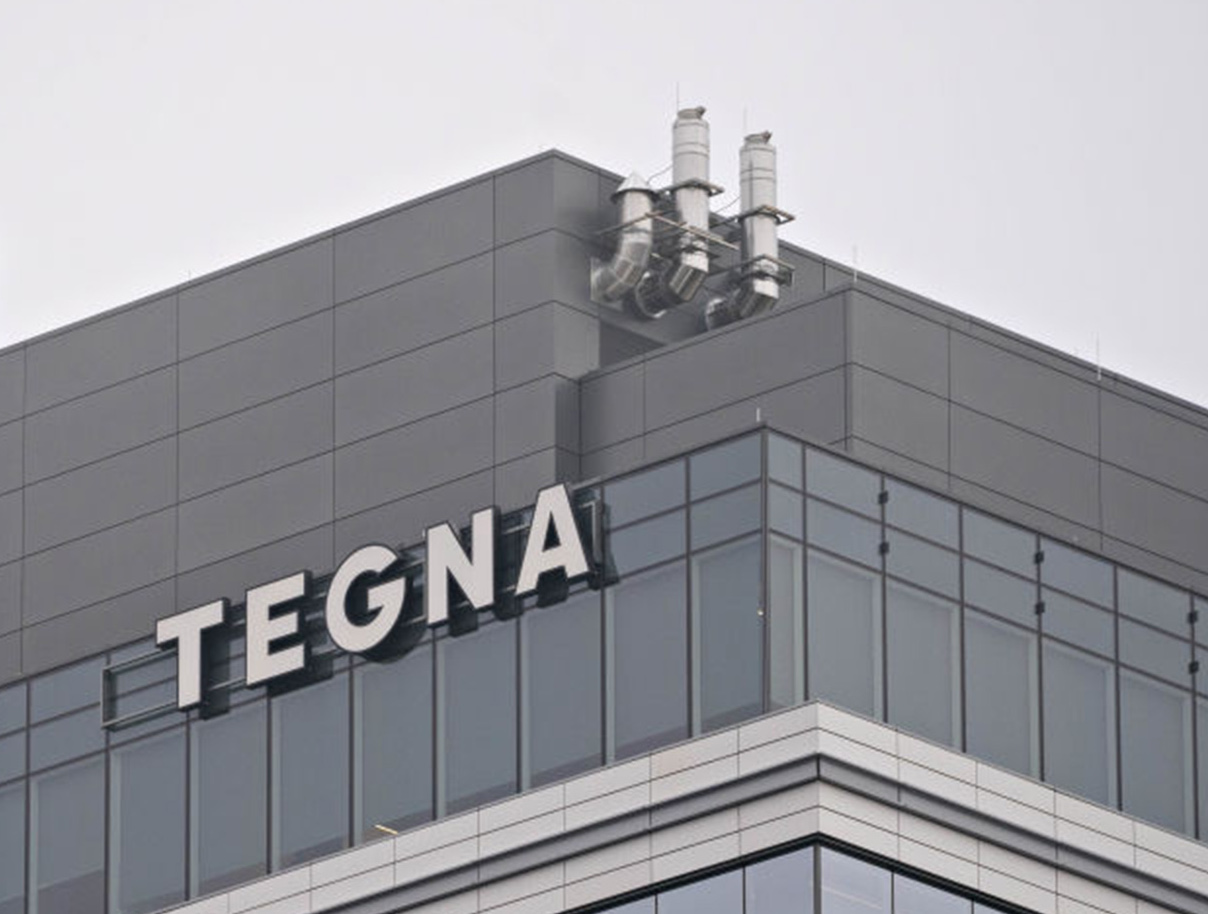Congress Asks FCC IG to Investigate Rosenworcel Over Standard General-Tegna Deal
Republicans suggest delay could be motivated by bias

WASHINGTON—Two Republican members of Congress are asking the acting Inspector General to open an investigation into what they term FCC Chair Jessica Rosenworcel’s “unprecedented” actions against the proposed merger of Standard General and Tegna, specifically, Rosenworcel’s decision to have the deal reviewed by an Administrative Law Judge.
With just one week left before the deal expires on May 22, after which financing will run out, Sen. Ted Cruz (R-Texas), Chair of the Senate Commerce Committee, and Committee Ranking Member Rep. Cathy McMorris Rodgers (R-Wash.) wrote to Sharon Diskin, Acting Inspector General for the FCC to look into the factors that led to Rosenworcel’s decision. This comes after the two Congresspersons sent a letter to the FCC Chair in April asking that she respond to their concerns about whether the FCC was acting in good faith after referring the case to the judge.
"No less than five aspects of that decision and the circumstances surrounding it suggest that it was motivated by a biased desire to defeat the Standard General-Tegna transaction. If that is true, then the FCC is serving as a partisan cudgel, rather than fulfilling its mission to ensure a robust and competitive market,” they told Diskin.
The proposed $8.6 billion merger of Standard General and Tegna has been in regulatory limbo since it was announced more than a year ago. While advocates claim that the merger would result in a more diverse ownership structure and help support local journalism, critics claim the opposite would in fact happen, with consolidation reducing competition and automation threatening jobs.
Cruz and McMorris Rodgers accused the FCC of dereliction of duty during the approval process, favoring input from opponents over advocates.
“We understand that during the Department of Justice’s months-long review of the Standard General-Tegna transaction, FCC staff repeatedly informed Standard General that if and when the DOJ’s review concluded, they would present the applicants with any concerns, allowing the applicants time to address them,” they wrote. “Yet after the DOJ completed its review without mounting any challenges, the FCC went radio silent: reportedly, in the three months prior to issuing the HDO (hearing designation orde), the Media Bureau either declined or ignored Standard General’s sixteen attempts to engage with it. During this same period, the FCC, including the Media Bureau, had at least eight meetings with individuals and entities who opposed the Standard General-Tegna transaction.”
They also noted what they considered the commission’s unprecedented decision to have the merger reviewed by the commission judge.
Get the TV Tech Newsletter
The professional video industry's #1 source for news, trends and product and tech information. Sign up below.
“The decision to refer such a large transaction to an ALJ without a Commission-level vote is itself extraordinary. This is the first time the FCC has designated for an ALJ hearing a transaction of this size that no antitrust regulator has challenged,” they wrote. “Neither of the FCC’s two justifications for doing so—the potential effect on station jobs and retransmission consent rates—has ever before been asserted as a basis for blocking a broadcast license transfer. Moreover, the Commission’s own internal standards limit the Media Bureau from taking such novel action on delegated authority.”
They also criticized the commission’s delay tactics, as well as receiving erroneous and incomplete information from commission staff and Rosenworcel’s refusal to provide an adequate response to their previous letter.
Cruz and McMorris Rodgers asked Diskin to review all communications between FCC commissioners and their staffs regarding the merger as well as those from the applicants and opponents, which could have resulted in what they termed “obstruction of congressional oversight.”
They also want to know whether there were any other similar media transactions that have taken place since the deal was announced that might have impacted retransmission consent or industry consolidation. Finally, they want to know why Rosenworcel did not respond to their concerns raised in the April 5 letter.
Tom has covered the broadcast technology market for the past 25 years, including three years handling member communications for the National Association of Broadcasters followed by a year as editor of Video Technology News and DTV Business executive newsletters for Phillips Publishing. In 1999 he launched digitalbroadcasting.com for internet B2B portal Verticalnet. He is also a charter member of the CTA's Academy of Digital TV Pioneers. Since 2001, he has been editor-in-chief of TV Tech (www.tvtech.com), the leading source of news and information on broadcast and related media technology and is a frequent contributor and moderator to the brand’s Tech Leadership events.

